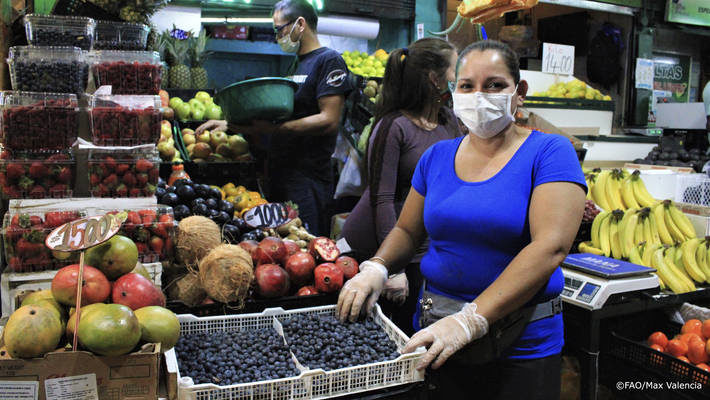ROME, ITALY — The coronavirus (COVID-19) pandemic is creating new problems within global agricultural production such as supply chain issues, labor shortages, production and processing as well as shifts in demand. As governments are working to address these challenges the joint OECD-FAO Agricultural Outlook 2020-2029 report finds that these new obstacles are not just a concern for the immediate future.
The report offers market projections for 25 agricultural commodities and includes an initial analysis on the impact of the COVID-19 pandemic on the food and agricultural system.
“Over the next 10 years supply growth is going to outpace demand growth, causing real prices of most commodities to remain at or below their current levels,” the report said. “Fluctuations in the driving factors of supply and demand could lead to strong price variations around this general path. At the same time, a decrease in disposable incomes in low-income countries and households caused by COVID-19 is expected to depress demand in the early years of this outlook and could further undermine food security.”
Growth demand is buoyed by the increasing population but projected consumption patterns and trends across countries in line with varying levels of income development will impact growth as well.
“Due to the ongoing transition in global diets toward higher consumption of animal products, fats and other foods, the share of staples in the food basket is projected to decline by 2029 for all income groups,” the report said. “Particularly, consumers in middle-income countries are expected to use their additional income to shift their diets away from staples towards higher value products.”
Yet high-income countries are anticipated to trend toward alternative sources of protein away from animal-protein based on environmental and health concerns.
To achieve food security transparent trade is advised or urged to help with accessibility.
“A well-functioning, predictable international trade system can help ensure global food security and allow producers in exporting countries to thrive,” said Angel Gurría, secretary general of the OECD. “Experience has shown that trade restrictions are no recipe for food security.”
While it is expected to see increased global crop output, investments in ag technology and cultivation practices the report notes that a robust food system needs to be established.
COVID-19 is not the only hurdle global food security faces. Currently, Desert locusts are decimating crops in East Africa and Asia, African swine fever outbreaks, adverse weather and trade tensions are challenging the global food system.
“We need better policies, more innovation, increased investments and greater inclusiveness to build dynamic, productive and resilient agricultural and food sectors,” said Qu Dongyu, director general of the FAO.
Follow our breaking news coverage of the coronavirus/COVID-19 situation.






